Market Share
Closed Cell Foam Market Share Analysis
In the highly competitive arena of the Closed Cell Foam Market, companies strategically deploy various market share positioning strategies to establish a robust presence and gain a competitive edge. A fundamental strategy involves a relentless focus on product innovation and customization. Manufacturers in the closed cell foam sector invest in research and development to create advanced foam formulations with superior properties such as insulation, buoyancy, and durability. By offering high-performance closed cell foam solutions, particularly in industries like construction, automotive, and marine applications, companies aim to position themselves as leaders in the market, catering to the diverse needs of their customers.
Cost leadership is another pivotal strategy embraced by companies in the Closed Cell Foam Market. This approach revolves around optimizing manufacturing processes, securing cost-effective raw materials, and achieving economies of scale. Becoming a low-cost producer enables companies to offer competitive pricing for their closed cell foam products, attracting a broader customer base. Cost-effective solutions not only appeal to price-conscious consumers but also provide companies with a strategic advantage against pricing pressures and market fluctuations, ensuring sustained profitability and market resilience.
Market segmentation plays a crucial role in the positioning strategies of closed cell foam manufacturers. Recognizing the diverse applications of closed cell foam in various industries, companies tailor their products to address specific market segments. This may involve producing closed cell foam with specific characteristics for use in insulation, gaskets, or flotation devices. Effective segmentation enables companies to optimize their market share within specialized niches, providing solutions that precisely meet the needs of different industries and applications.
Strategic collaborations and partnerships are instrumental in enhancing market share positioning within the Closed Cell Foam Market. Companies often form alliances with construction firms, automotive manufacturers, and marine equipment producers to strengthen their supply chain, expand market reach, and facilitate innovation. Collaborations can lead to joint research projects, shared resources, and the development of application-specific closed cell foam solutions. Partnering with key stakeholders allows companies to leverage collective strengths, share expertise, and collectively address the complexities of the closed cell foam industry more effectively, contributing to increased market share.
Sustainability is emerging as a significant factor influencing market share positioning strategies in the Closed Cell Foam Market. With a growing emphasis on environmentally friendly practices, companies are incorporating sustainable sourcing methods, optimizing energy consumption, and exploring recyclable alternatives. Closed cell foam manufacturers positioning themselves as environmentally responsible entities can gain favor among customers who prioritize sustainable and responsibly sourced materials, contributing to the overall sustainability of the industry.
Moreover, a robust digital presence is crucial in today's technologically driven business environment. Closed cell foam companies leverage digital marketing, online platforms, and e-commerce channels to connect with customers, showcase their expertise, and facilitate business transactions. An effective online presence enables companies to reach a broader audience, provide educational resources, and engage with clients directly, enhancing brand visibility and trust in the competitive closed cell foam market.


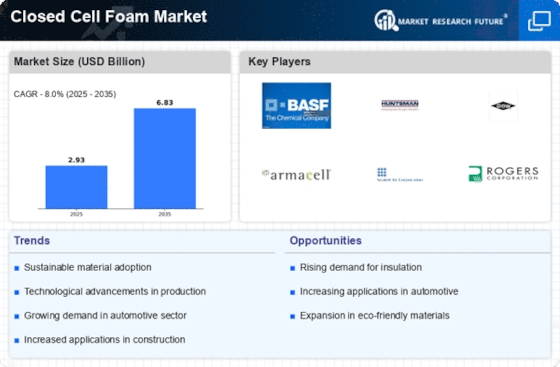
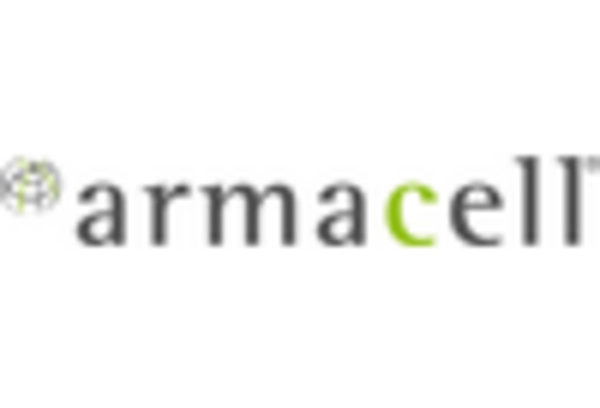


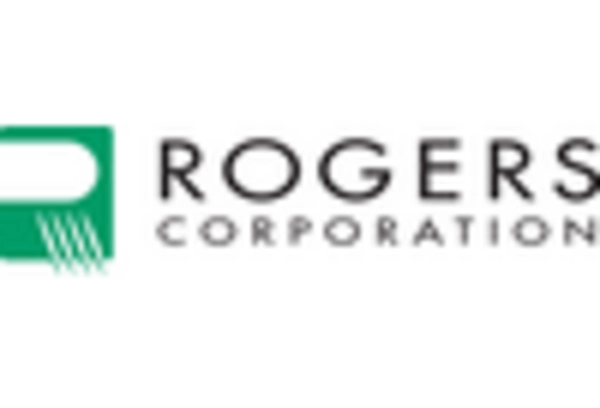
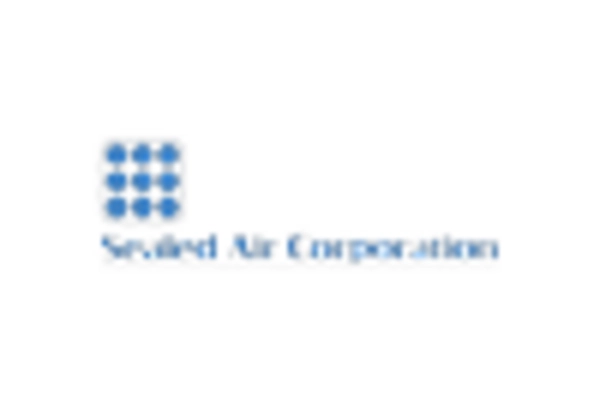
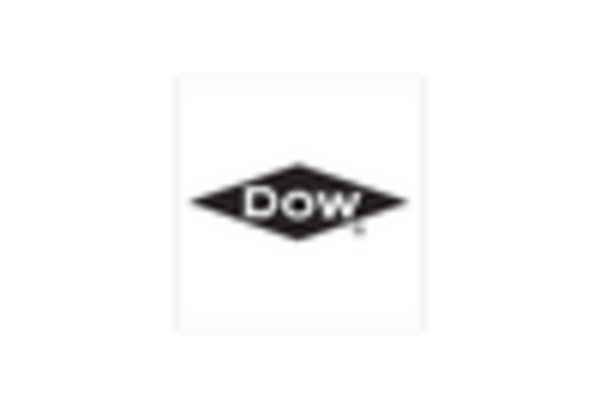









Leave a Comment